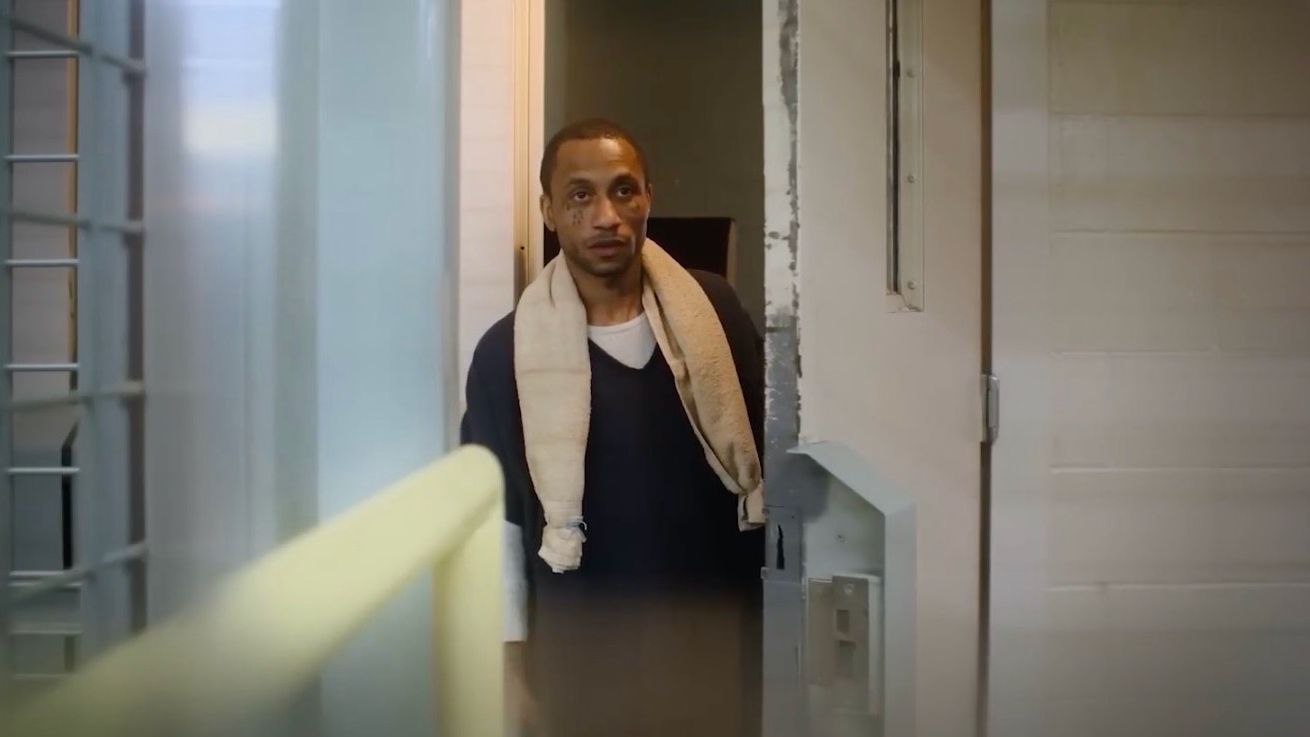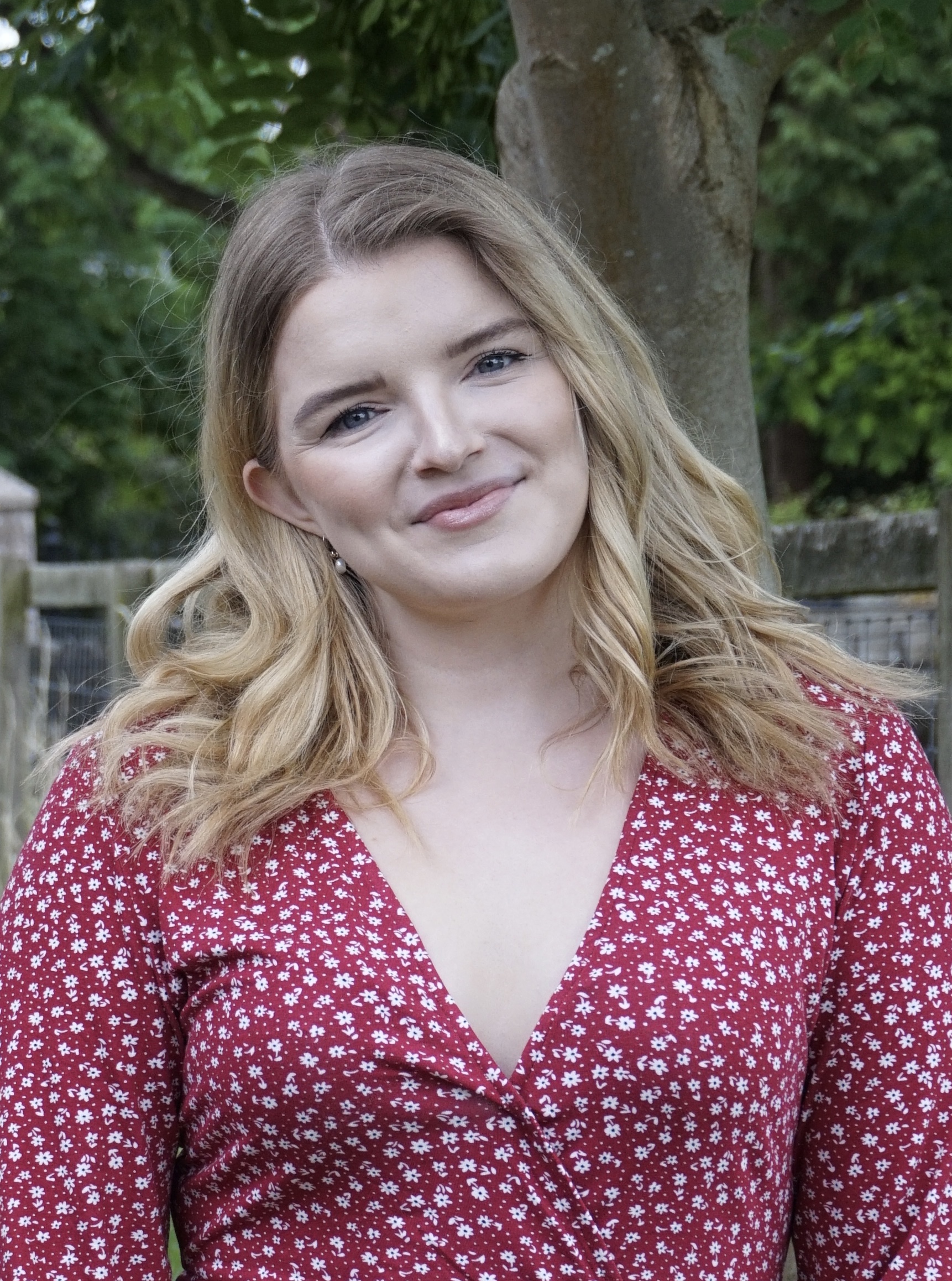Is Unlocked: A Jail Experiment real? The Netflix social experiment series explained
Netflix's new reality series, Unlocked: A Jail Experiment, sees a social experiment take place in a US jail


Netflix is never afraid to deliver a standout docuseries, such as Tiger King and Making a Murder, but Unlocked: A Jail Experiment takes this to a whole new level.
The eight-episode series follows a social experiment that takes place in Pulaski County Regional Detention Facility, a real jail in America. For six weeks, the inmates are allowed to explore a new level of freedom and trust, as their cell doors are left unlocked the entire time.
As told through interviews and inside footage, this experiment was designed to create a community within the prison to try and reduce criminal behaviour both in and out of the 46 prisoners' sentences. However, the series has left some viewers confused about how much of the show is real, and whether the cell doors are actually "unlocked" the whole time, or if some of the action is staged.
If you've finished Ripley and 3 Body Problem and are looking for a new series to sink your teeth into, then this might be the next watch for you.
Is Unlocked: A Jail Experiment Real?
Unlocked: A Jail Experiment is a real social experiment that was conducted in the prison with the consent of the 46 male detainees and the staff. It was unscripted and everyone who appears in the show consented to be filmed and participate in the series, and was welcome to be removed from camera (and the experiment) at any time.
Sheriff Eric Higgins who created the experiment in the Arkansas facility told Tudum, "We thought, ‘What can we do to create some ownership for those detainees in that unit?’ How do we make the facility safer, and what can we do to still hold them accountable but empower them at the same time?"
The prison, Higgins shared, is a "direct supervision facility, which means the deputies are inside the unit with the detainees" and in order to give these men more freedom, they reduced the number of deputies and officers in their unit.
Sign up to our free daily email for the latest royal and entertainment news, interesting opinion, expert advice on styling and beauty trends, and no-nonsense guides to the health and wellness questions you want answered.
Incentives were also added to encourage good behaviour, such as earning privileges, alongside the added benefit of having more autonomy over their daily routine and movements around the unit.
Prior to production, everyone was briefed about what to expect and given a list of responsibilities, as well as having on-going discussions about behaviour, before the doors were unlocked and filming began.
Although these men within the detention facility were given more freedom, and their doors were unlocked for the duration of the documentary, there were still certain safety restrictions in place.
The Netflix show originally said there were "no locks" and "no officers" in the docuseries, but Higgins explained that there were officers both on the floor, stationed by the secure doors, and monitoring the cameras.
Alongside this, there has been concerns about how ethical this experiment was and the Pulaski County Quorum Court passed an ordinance at the end of March to find out more about the show from Higgins.
In his response according to the THV11, the Sheriff explained why he chose to proceed with this controversial experiment.
He said, "I want to humanise people. I want to empower people to have an impact on their culture, environment, and community. If you can do that on a micro level, in jail with people you don't care about or didn't initially care about, and if you take that with you when you go to the broader community, then maybe you realise that you are empowered, you can have a positive impact on your neighbourhood, on your family."
All episodes of Unlocked: A Jail Experiment are available to stream on Netflix now.
Jess Bacon is a freelance journalist, blogger and former editor with over six years of writing experience. As a screenwriter and journalist, Jess is keen to tell her own and other people’s stories through words, photos and film. She’s passionate about discussing young people's mental health, grief and feminism in life and how it's portrayed in the media, film and literature. Alongside her by-lines at renowned publications, Jess regularly speaks at charity events and festival panels about loss, mental health and Marvel. Along with her love of writing, Jess is an avid reader, spin enthusiast and dog-lover.
